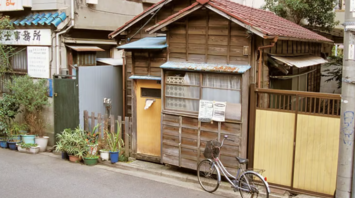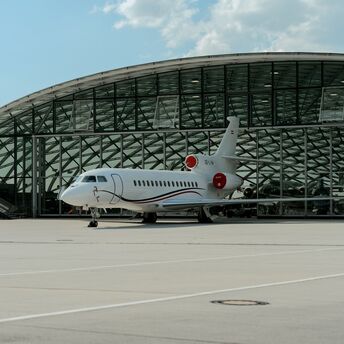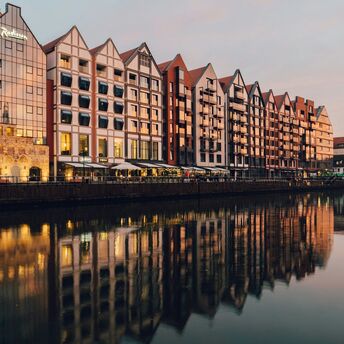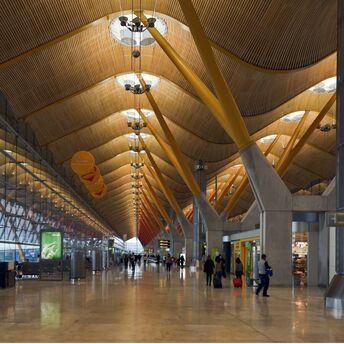In Japan, houses have been depreciating to zero in 22 years: what's the reason

The value of an average Japanese house depreciates to zero in 22 years. It is calculated separately from the land, which is likely to retain its value.
Most of them are demolished and rebuilt. Sales of new houses far exceed sales of used houses, which usually change hands in anticipation of being demolished and replaced, The Economist writes.
The reasons lie primarily in local traditions. The Japanese usually live in the same house all their lives. The secondary real estate market is unacceptable to them.
The frequency of earthquakes also plays a role. Strong tremors are usually accompanied by stricter building codes. Many people want to live in a house built to the latest standards.
Construction and installation companies benefit from this fast housing cycle. But in the long run, this is wasteful, experts say.
In addition, houses in Japan often look very untidy because they are not maintained due to the fact that they depreciate quickly.



















